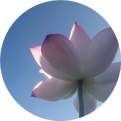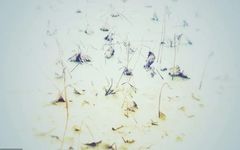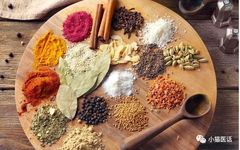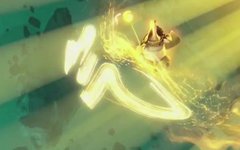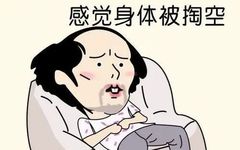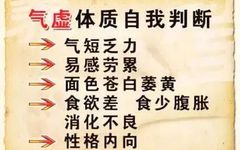This Herb is Claimed to be the King of Qi Tonics, Fear Not Qi Deficiency, Qi Stagnation, or Qi Reversal!
“Shu huo yi zhang pi, ren huo yi kou qi.” Some say that a person lives on a breath of qi, standing firm and unyielding; this breath is our essence, qi, and spirit. The “Nanjing Jizhu” states: “Qi is the foundation of a person.” This means that qi is the basis of life. People are … Read more


